Read Time : 5min
Published on: 03-04-2024
Solar Rooftop Financing in India: Empowering Clean Energy Solutions
Introduction
In India’s quest for sustainable energy solutions, solar rooftop systems have emerged as a promising avenue for both individuals and businesses. However, the upfront cost of installation can be a significant barrier. Fortunately, various financing options are available to make solar rooftop projects more accessible and affordable.
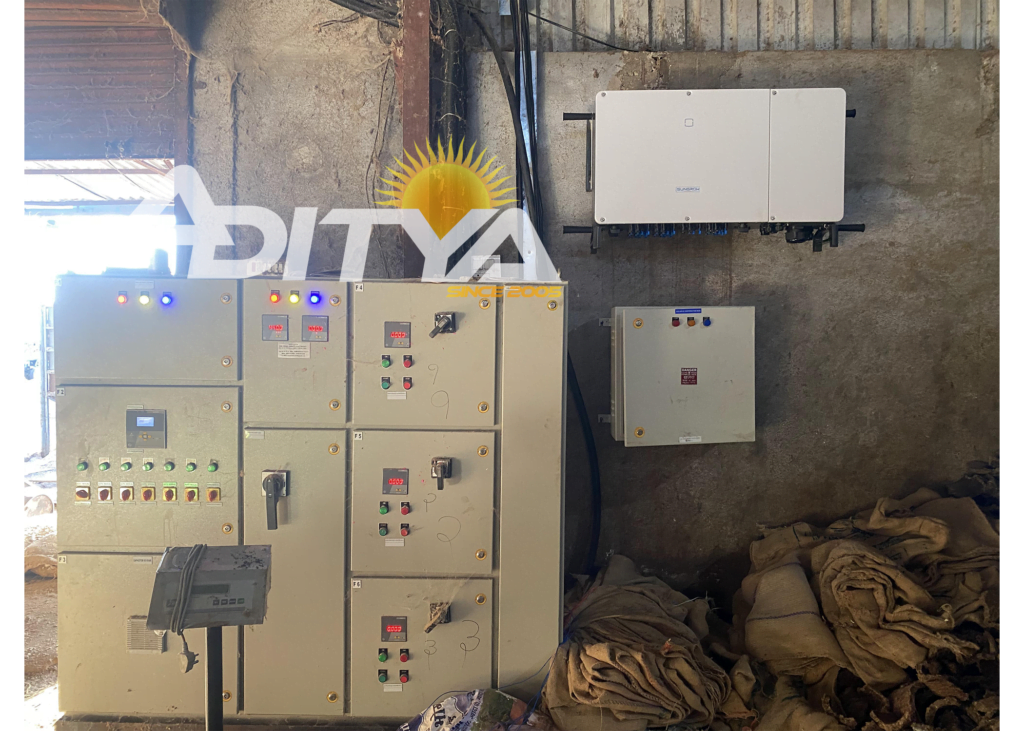
Types of Solar Financing Options
1. Government Subsidies and Incentives
The Indian government offers subsidies and incentives to encourage the adoption of solar rooftop systems. These subsidies can significantly reduce the upfront cost of installation, making solar power more accessible to households and businesses.
2. Solar Loans and Financing Programs
Financial institutions across India provide loans and financing programs specifically tailored for solar rooftop projects. These loans offer attractive interest rates and flexible repayment terms, making it easier for individuals and businesses to invest in solar energy.
3. Solar Leasing and Power Purchase Agreements (PPAs)
Solar leasing and power purchase agreements (PPAs) are alternative financing models that allow individuals and businesses to benefit from solar power without the need for upfront investment. Under these arrangements, a third-party solar provider installs and maintains the solar panels on the rooftop, while the property owner pays a fixed monthly fee or purchases the energy generated at a predetermined rate.
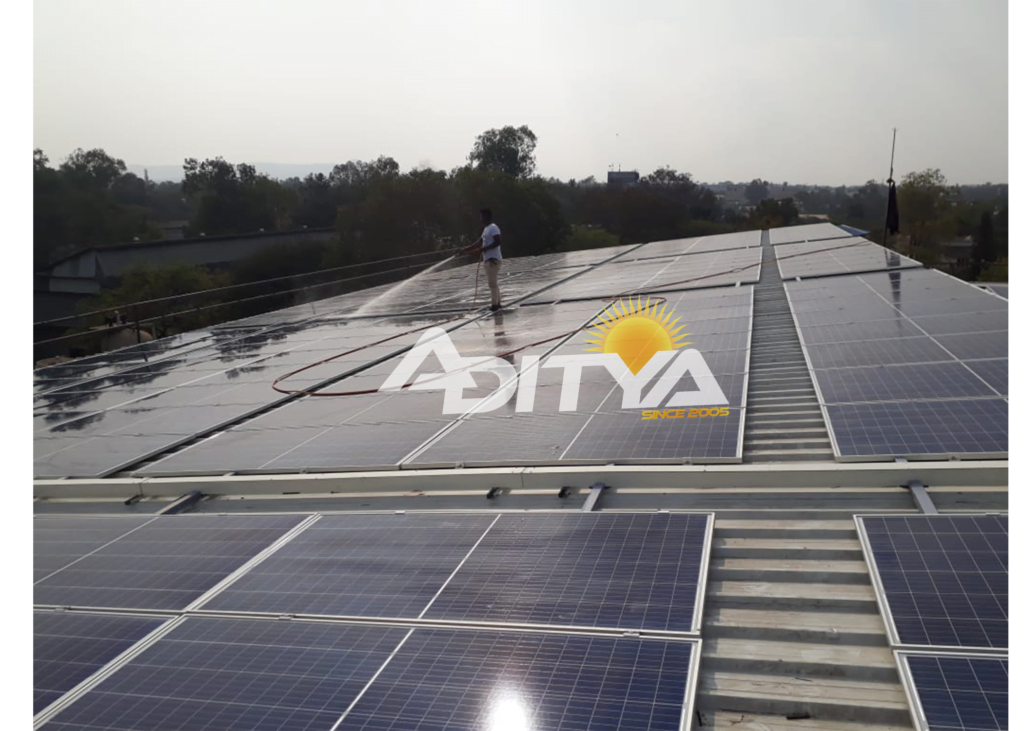
Navigating Solar Rooftop Financing in India
Government Subsidies and Incentives
The Indian government has launched several initiatives and subsidy programs to promote solar rooftop installations. These programs aim to accelerate the adoption of solar power and reduce the country’s reliance on fossil fuels.
Financial Institutions Offering Solar Loans
Banks and financial institutions in India offer a range of financing options for solar rooftop projects, including loans, grants, and subsidies. These institutions provide customized financing solutions to meet the unique needs of individuals and businesses interested in solar energy.
Solar Financing Schemes and Programs
Various solar financing schemes and programs are available in India, catering to different segments of the population. These programs offer financial support, technical assistance, and capacity-building initiatives to promote the adoption of solar rooftop systems
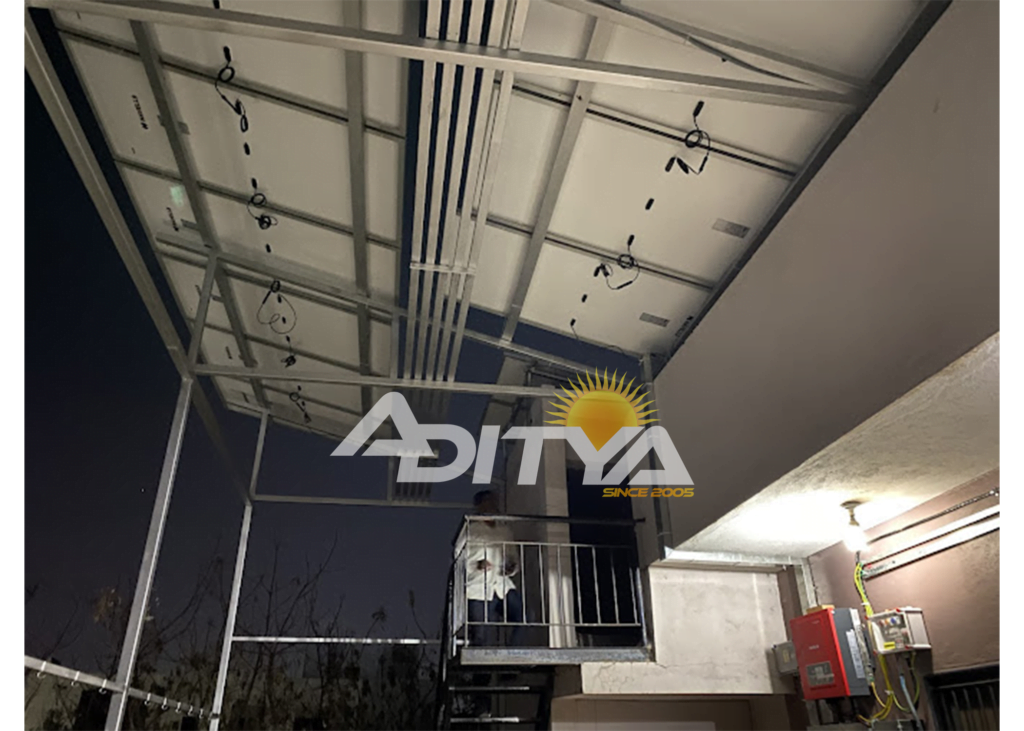
Overcoming Financial Challenges
Addressing Upfront Costs
One of the primary challenges of solar rooftop financing is the upfront cost of installation. However, with government subsidies, low-interest loans, and innovative financing models, individuals and businesses can overcome this hurdle and invest in solar power.
Managing Loan Repayments
While solar loans offer attractive interest rates and flexible repayment terms, borrowers must ensure they can afford the monthly payments. Proper financial planning and budgeting can help individuals and businesses manage their loan repayments effectively
Maximizing Financial Benefits
By investing in solar rooftop systems, individuals and businesses can unlock a host of financial benefits, including reduced energy bills, tax incentives, and increased property value. These financial benefits can outweigh the initial investment in solar power and provide long-term savings and returns.
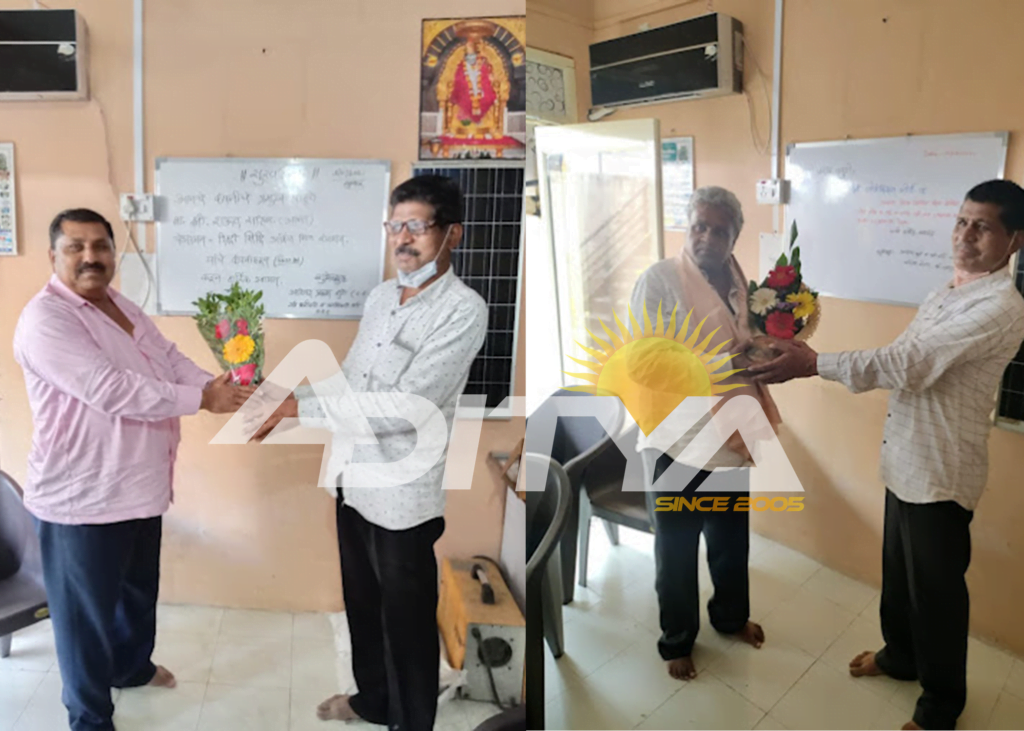
Harnessing the Benefits of Solar Rooftop Financing
Environmental Sustainability
Solar rooftop systems produce clean, renewable energy without emitting harmful greenhouse gases or pollutants. By harnessing solar power, individuals and businesses can reduce their carbon footprint and contribute to a cleaner, more sustainable environment.
Economic Advantages
Investing in solar rooftop systems can lead to significant cost savings over time. By generating their own electricity, individuals and businesses can reduce their reliance on grid power and mitigate the impact of rising energy prices
Energy Independence
Solar rooftop systems provide individuals and businesses with greater energy independence and resilience. By generating their own electricity, they are less vulnerable to power outages, price fluctuations, and supply disruptions.
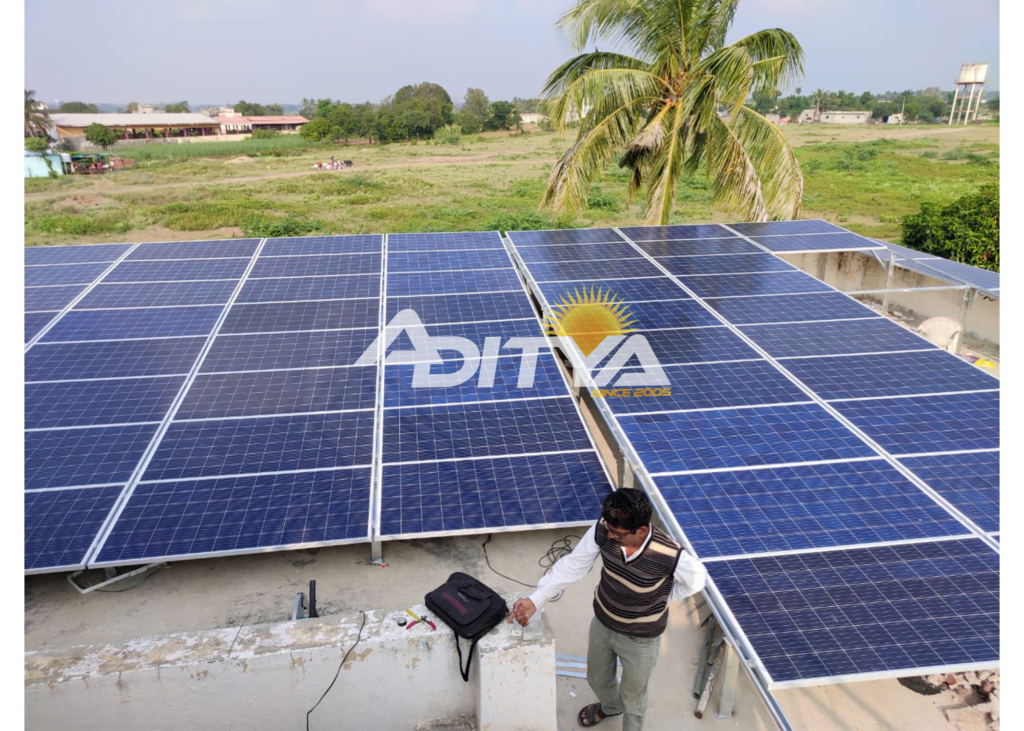
© 2024 Aditya Renewable Energy. All Rights Reserved.
